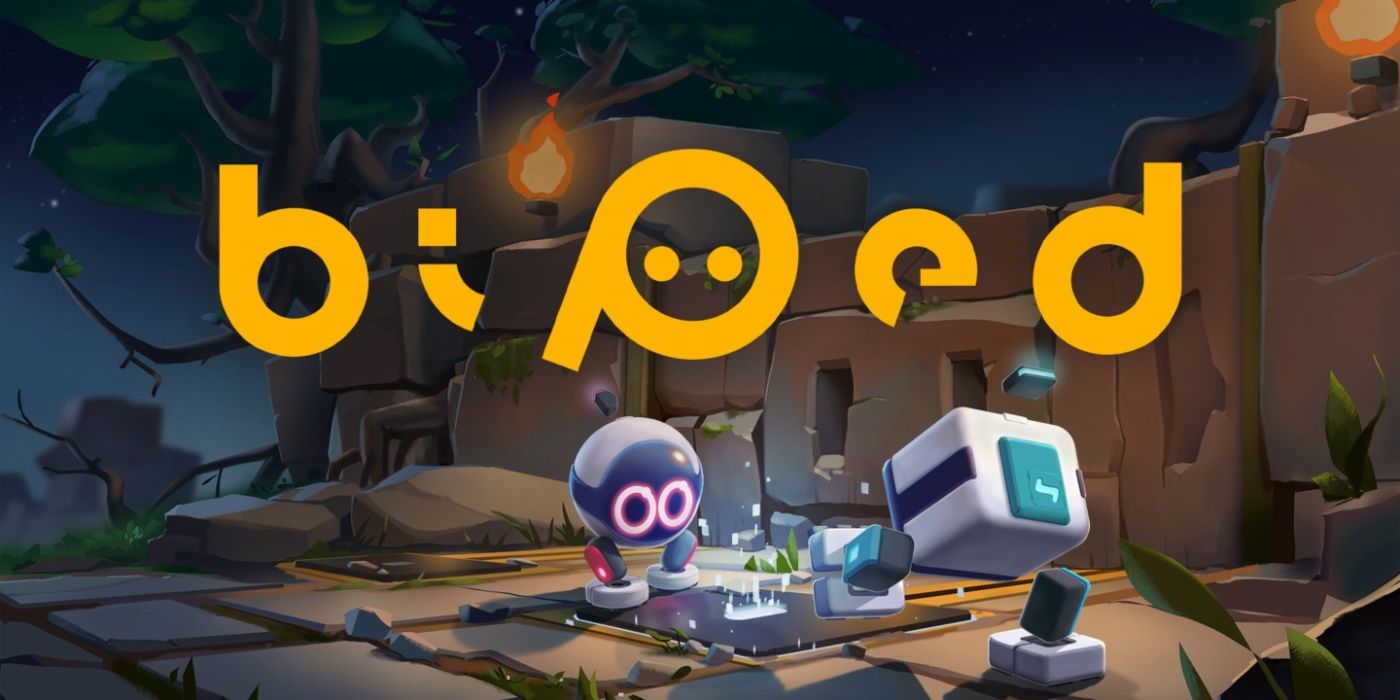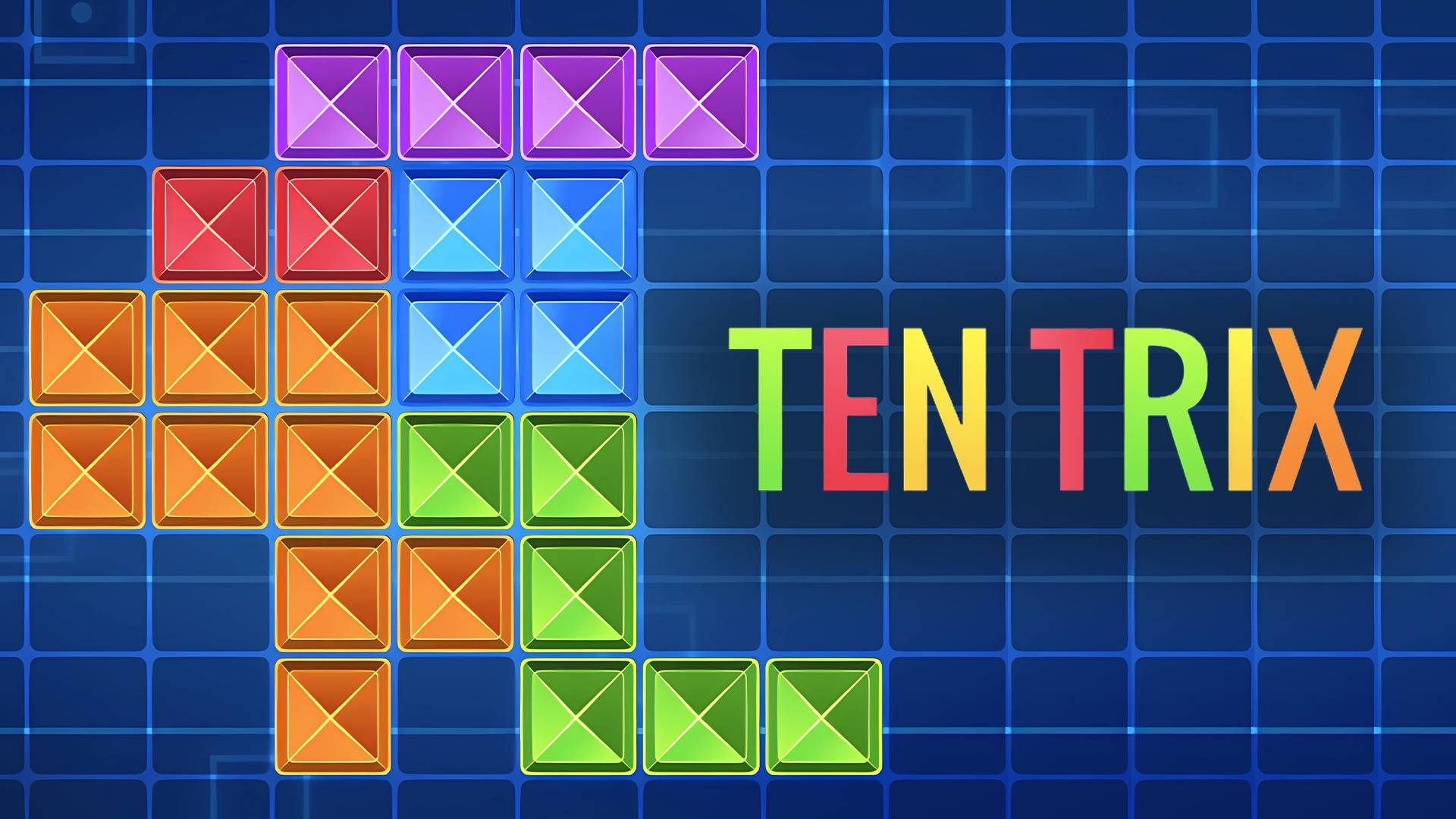Discover Creative Styles in Multiplayer Puzzle Games for Free You Can Not Miss
Discover Creative Styles in Multiplayer Puzzle Games for Free You Can Not Miss
Blog Article
Examination Your Strategic Skills in one of the most Involving Multiplayer Gamings
In the ever-evolving landscape of multiplayer video gaming, strategic abilities are the keystone of success, offering players a chance to display their tactical expertise across numerous categories. From the high-stakes intensity of real-time strategy face-offs to the precise planning called for in turn-based tactical battles, each video game provides an unique challenge that examines the limitations of tactical reasoning. As gamers participate in participating experiences or team-based competitions, the need of fast decision-making and partnership comes to be evident. What truly establishes these games apart, and just how do they push your calculated abilities beyond traditional limitations? The responses wait for expedition.
Real-Time Technique Showdowns
Real-time approach (RTS) face-offs have long been a cornerstone of involving multiplayer video gaming, fascinating gamers with their mix of tactical deepness and fast-paced decision-making. These video games need gamers to manage resources, construct armies, and create complex approaches in real-time, often versus similarly experienced challengers. The continuous pressure to adapt and outmaneuver challengers in a vibrant environment is what establishes RTS games apart, making them a favorite amongst competitive players.
One of the defining features of RTS showdowns is the focus on multitasking and source administration. Gamers need to designate their attention throughout different tasks, such as collecting sources, creating structures, and deploying devices tactically throughout the battleground. This necessitates fast reflexes and a severe capacity to focus on activities, commonly bring about intense, adrenaline-fueled suits.
Notable RTS video games such as "StarCraft II," "Age of Empires," and "Command & Conquer" have actually left indelible marks on the genre, using diverse gameplay mechanics and richly comprehensive globes. Multiplayer puzzle games for free. These titles have cultivated competitive scenes and dedicated areas, where players develop their skills, research strategies, and participate in high-stakes competitions. The appeal of RTS showdowns depends on their capacity to challenge players' strategic acumen and reflexive prowess in equal action
Turn-Based Tactical Fights
Turn-based tactical fights captivate gamers with their systematic technique to method, contrasting the mad pace of real-time involvements. These games provide gamers the opportunity to deliberate over each move, fostering a chess-like environment where insight and mindful planning are extremely important. Players should expect their challengers' activities, adapt to advancing situations, and execute well-balanced techniques to protect victory. This style emphasizes the worth of critical depth, awarding those that can believe multiple steps in advance.
In multiplayer settings, turn-based tactical fights end up being fields for intellectual duels. Competitors participate in elaborate mind games, predicting and responding to each various other's techniques with accuracy. Popular games like "XCOM 2" and "People VI" exhibit this gameplay, urging players to take into consideration every possible variable prior to devoting to a strategy. The asynchronous nature enables thoughtful decision-making, making each encounter a test of wits and persistence.
Moreover, turn-based tactical fights commonly incorporate diverse units and capabilities, adding layers of complexity per match. Players have to balance offending maneuvers with defensive techniques, manage resources sensibly, and make best use of the potential of their pressures. This genre's enduring allure depends on its capacity to challenge gamers' strategic acumen in a managed, calculated setup.
Cooperative Strategy Experiences
Beyond the analytical duels of turn-based tactical battles lies the world of participating strategy experiences, where teamwork and collaboration take center stage. These games call for gamers to collaborate towards common objectives, leveraging each gamer's unique abilities and toughness to conquer challenges. The emphasis changes from private prowess to collective analytical, making interaction and coordination vital parts of success (Multiplayer puzzle games for free). Titles such as "Overcooked" and "Deep Rock Galactic" exhibit this genre, highlighting the need for gamers to integrate their techniques and actions.

The appeal of cooperative technique experiences depends on their capacity to enhance social skills while providing a tough and engaging gameplay experience. These video games cultivate a sense of unity and common function, offering gamers a satisfying alternative to typical competitive video gaming landscapes.
Affordable Team-Based Challenges
Affordable team-based difficulties offer a vibrant field where players pit their abilities against opposing groups, emphasizing both individual talent and smooth group coordination. These video games require individuals to balance individual expertise with strategic cooperation, cultivating an unique atmosphere where team effort is paramount. Success in such settings commonly rests on the capacity to interact properly, execute tactical strategies, and adjust quickly to unraveling circumstances.
The compelling nature of these challenges appears in the diverse variety of games that provide team-based competitors. Titles like "Organization of Legends," "Overwatch," and "Counter-Strike: Global Offensive" are at the forefront, each giving unique gameplay mechanics that require communication and tactical acumen. In these arenas, the group's performance is as important as the private payments of its participants, making every role considerable to the overall outcome.
Furthermore, affordable team-based games grow a feeling of sociability and shared article achievement. Players need to find out to depend on and count on each other, building bonds that enhance the pc gaming experience. The pressure of encountering powerful opponents additionally heightens the adventure, making certain that participants are continuously challenged to elevate their critical reasoning and gameplay implementation.
Mind-Bending Problem Fights
While competitive team-based obstacles highlight cooperation and strategy, mind-bending challenge confrontations provide a various kind of intellectual engagement, concentrating on private analytical and cognitive prowess. These games test the limitations of logical thinking and creative thinking, calling for players to navigate intricate scenarios and solve elaborate challenges. Unlike team-based video games, the focus below is on personal achievement and mental agility, frequently under the pressure of time restraints or escalating problem degrees.
Gamers should work out spatial thinking, sensible deduction, and pattern acknowledgment. Titles such as "The Witness" and "Portal 2" serve as quintessential examples, challenging players with multidimensional challenges that require deep concentration and ingenious strategies.
Moreover, multiplayer problem video games present an affordable side by enabling players to match their analytical abilities versus others. Gamings like "Maintain Speaking and Nobody Explodes" call for players to interact properly to solve problems en masse, blending the thrill of competitors with the satisfaction of collaborative accomplishment. Ultimately, these video games provide an enriching experience, sharpening calculated thinking in an uniquely engaging setting.
Verdict
In final thought, the diverse selection of multiplayer games uses an outstanding platform for developing strategic abilities throughout various styles. Real-time approach showdowns like "StarCraft II" need quick decision-making and source monitoring, while turn-based tactical fights highlight methodical preparation. Cooperative approach experiences such as "Deep Rock Galactic" highlight team effort and cooperation, whereas competitive team-based difficulties, including "Organization of Legends," call for control and versatility. These dynamic their explanation settings collectively promote the development of critical thinking, improving both private and cumulative pc gaming experiences.
These video games require gamers to manage sources, build militaries, and develop complicated approaches in real-time, typically against similarly knowledgeable opponents. These games need players to function together in the direction of usual purposes, leveraging each player's unique skills and strengths to get over challenges.In participating method video games, players usually assume functions with specific duties, requiring a deep understanding of their own capabilities as well as those of their colleagues. The vibrant nature of these games demands adaptability, as players have to readjust their methods in real-time to accommodate advancing situations.

Report this page